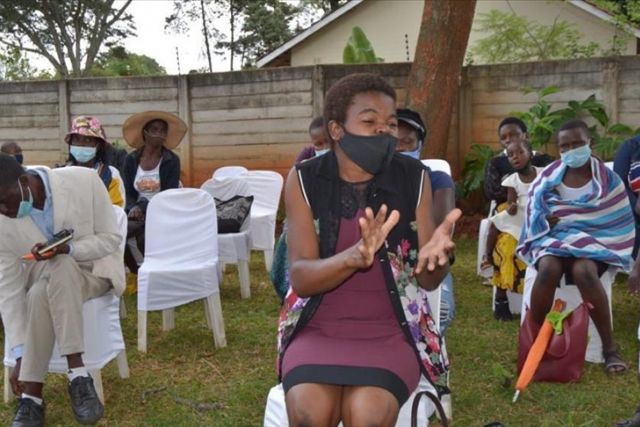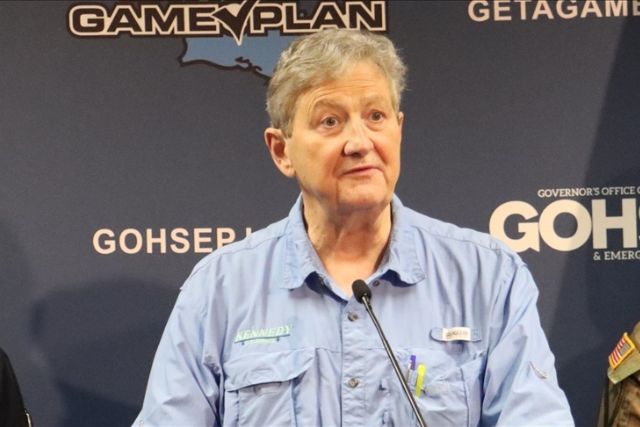Zimbabwe’s deaf claim bias in war against HIV/AIDS
On eve of Global Week of Deaf People, activists in Zimbabwe complain non-availability of sign language counselors in hospitals

HARARE, Zimbabwe
Five years ago, Mateline Mhare, 36, who is deaf, was diagnosed as having contracted HIV/AIDS, and she was prescribed antiretroviral treatment. But several times she failed to take her medicine and eventually died.
Speaking to Anadolu Agency, Mhare's 40-year-old sister Nancy said her sibling died because she was not able to understand the prescription.
On eve of the International Week of Deaf People (IWDP) which is being observed from Sept 19-25, she complained that doctors who treated her did not use Sign language to convey her the proper prescription.
“My sister died because for all along she was defaulting on taking her HIV pills. She always failed to get the verbal instructions given en masse to hard-of-hearing HIV/AIDS positive people like, who can only understand Sign language,” she said.
Earlier this year, another deaf Zimbabwean, Jimmy Zilawe, 27, from Mwenezi district committed suicide after he was tested HIV/AIDS positive.
“Jimmy didn't understand the meaning of being HIV/AIDS positive and to him, it meant something good. But when we explained to him, his behavior changed and he disappeared into his bedroom and killed himself by hanging,” said his friend Masuka.
Again, the nurse who tested Zilawe, could not convey and counsel him by using Sign language.
Zimbabwe's deaf citizens complain that they are being discriminated against in the war against HIV/AIDS.
“HIV/AIDS education often comes to the public who include the deaf in written or audio packages, meaning there is little or no Sign language for the deaf to benefit them in combatting the dreaded disease,” said Mike Mawona, a Harare-based disability activist.
Barbra Nyangairi who is the executive director of the Deaf Zimbabwe Trust said that the deaf in Zimbabwe are facing hard times to combat HIV/AIDS as hospitals and clinics do not support the Sign language services.
No counseling support
“Deaf people have been tested for HIV/AIDS without the necessary counseling support, given antiretroviral treatment without the explanation of how to take it and how it works,” she said.
While the Zimbabwean Constitution adopted in 2013 guarantees the rights of disabled persons in the fields of education, healthcare, and ensures that they are not abused, the provision has remained just on the paper.
“The deaf lack full information on HIV/AIDS as they don't understand the information in print media and television. Some deaf people if they are told they have tested positive, they presume they are free from the virus. They think positive mean good,” said Agness Chindimba who is director of Deaf Woman Included (DWI), a grassroots organization that works with deaf women in Zimbabwe.
She also complained about lack of counseling services in the country for the deaf infected with HIV/AIDS.
As many as 1.4 million people were living with HIV/AIDS in Zimbabwe, in 2019. The year also reported 20, 000 HIV/AIDS-related deaths.
While admitting shortcomings, Chairperson Parliamentary Caucus, Monica Mutsvangwa said the government was setting up a mechanism to address the issue.





